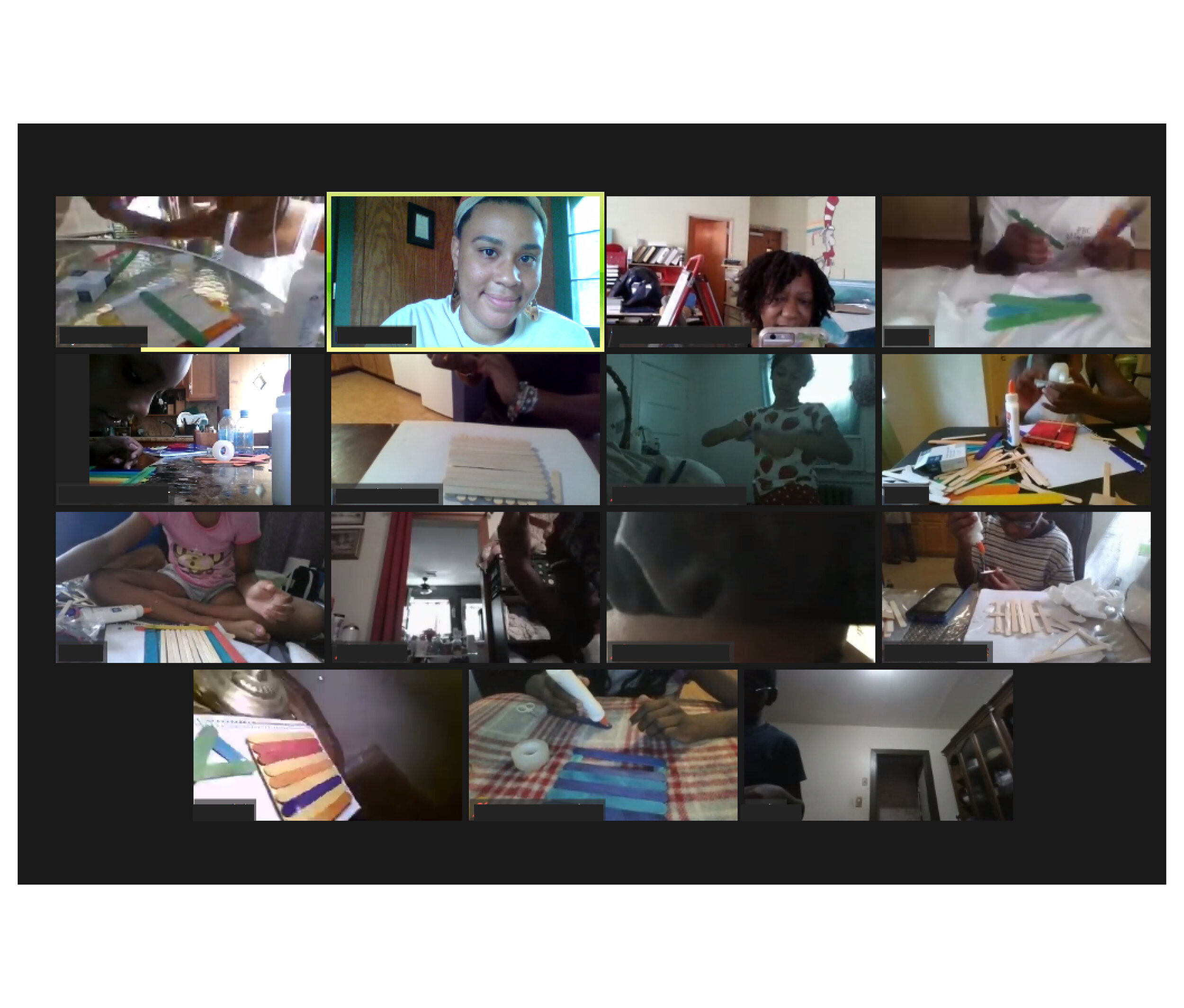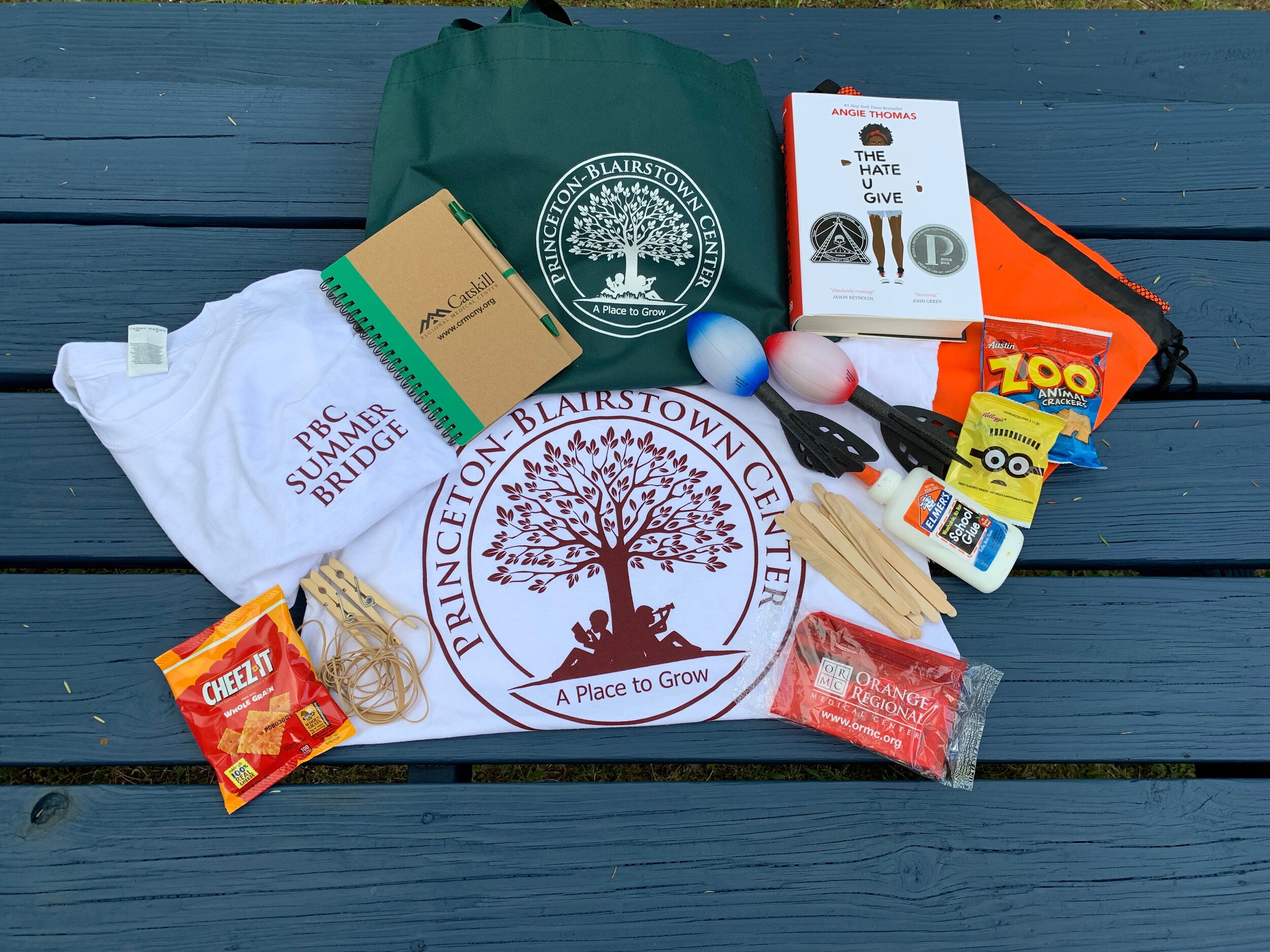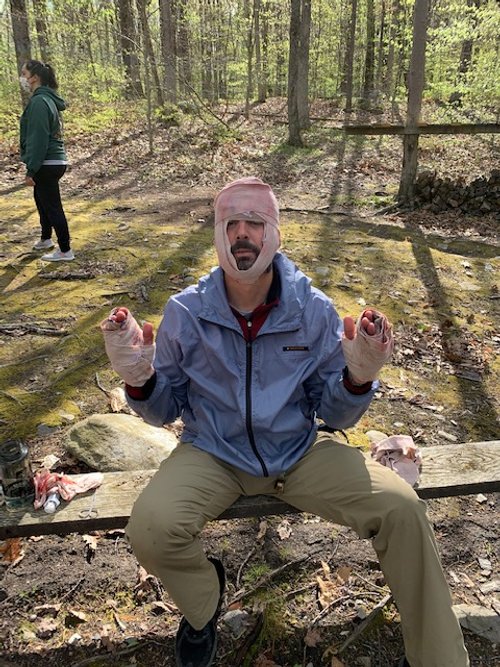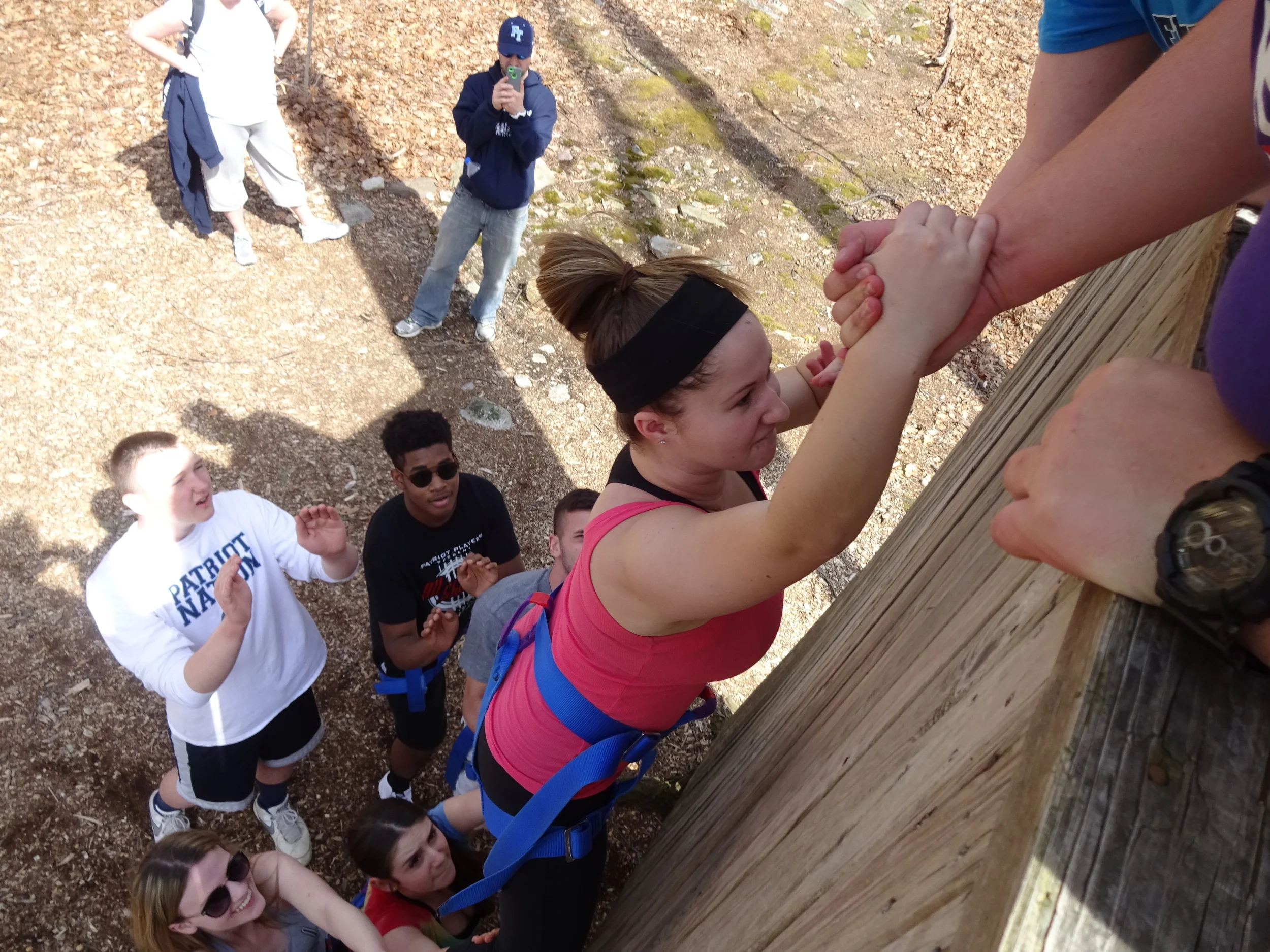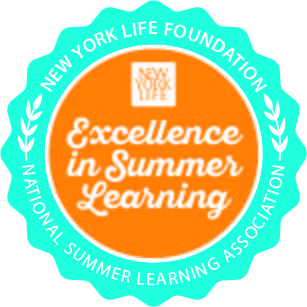Summer Learning At PBC
/It’s National Summer Learning Week! Each year the National Summer Learning Association (NSLA) celebrates National Summer Learning Week to elevate the importance of keeping kids learning, safe, and healthy, ensuring they return to school ready to succeed. This year, the importance of making sure kids are prepared when they return to school is even more important than ever, and PBC is proud to be a partner in this work.
When schools first closed due to the COVID-19 pandemic in March 2020, many of us presumed that it would be a few weeks before students could return to the classroom; some districts did not plan for remote learning but rather used their scheduled spring break days and “snow” days to account for students not being in school for an extended period. As we know, those few weeks turned into months and, in some cases, more than a year of remote learning. Parents, teachers, and caregivers have seen the impact extended remote learning has had on students, particularly in the Black, Hispanic, and Indigenous communities. Students in these communities were more likely to have remained in remote learning situations longer than others and, according to a report from McKinsey, the cumulative learning loss could be six to 12 months, compared to four to eight months for white students.
Students at Achievers Academy in Trenton try their hand at the “walking A” activity, a teambuilding and communication challenge.
PBC’s award-winning Summer Bridge Program kicked off this month, bringing our summer learning experience to young people in Trenton and Newark completely free of charge. This one-week leadership and academic enrichment program designed to serve young people from historically marginalized communities in New Jersey was honored with the 2018 NSLA New York Life Foundation Excellence in Summer Learning Founder’s Award, which recognizes outstanding summer programs that demonstrate excellence in accelerating academic achievement and promoting healthy development for low-income children and youth between pre-kindergarten and twelfth grade. Summer Bridge is normally held on our Blairstown Campus, but hosting students overnight in small cabins seemed too great a risk given the ongoing pandemic. Therefore, PBC’s staff reconfigured the curriculum and logistics and came up with a plan to bring the Summer Bridge Program to participants in their own communities this year. PBC is continuing to partner with schools and community-based organizations in Trenton and Newark to provide 90 minutes of academic enrichment each day, along with a host of leadership, team-building, and problem-solving activities designed to build social-emotional skills in schoolyards and local parks.
The academic curriculum focuses on STEM and literacy in a series of hands-on, inquiry-driven, interdisciplinary outdoor learning experiences centered on equity and social justice, with a focus on the power of community gardening as a means of civic action and towards food justice. Students also form positive, supportive relationships with peers and adults while increasing environmental awareness and proactive stewardship of natural resources. In addition to meeting a wide range of Common Core Literacy and Next Generation Science Standards, the social-emotional elements of the Summer Bridge Program meet important Career Ready Practices and 21st Century Life and Career Skills that are critical pieces of the revised New Jersey Student Learning Standards.
A summer Bridge literacy lesson, held on-site at Achievers Academy as part of Summer Bridge 2021.
Students from Achievers Academy in Trenton participated in the first week of Summer Bridge and were happy with their experience. One student said she learned how to communicate with others when she was frustrated and another student said that this was the first time she had an opportunity to attend anything like a summer camp and how much fun she had canoeing. If the photos from their day at Blairstown are any clue, it’s safe to assume many other students felt the same way.
And as this year’s Summer Learning Week winds down, we are looking forward to a visit from the CEO of the National Summer Learning Association, Aaron Dworkin! He and several others from the team at NSLA, plus a potential future program partner, are slated to join us for an action-packed visit during a day of Summer Bridge on-site programming. We can’t think of a better way to send off this year’s celebration, and are excited for the many ways we might expand and enhance our partnership with the United States’ premier coalition of summer learning programs.





